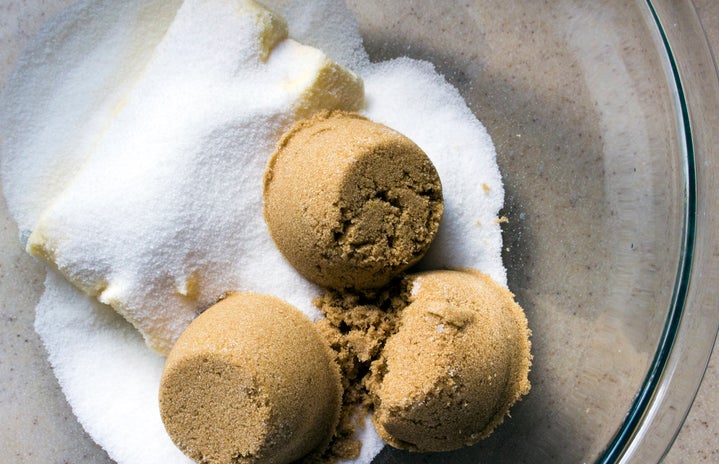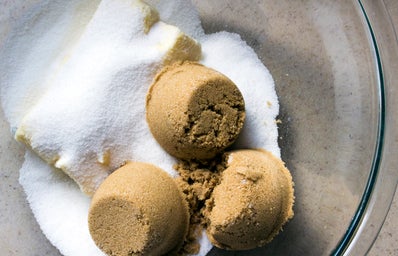Even for scientists, the question is still pending. Whether aspartame or sugar is the worst for your health remains unresolved. Most would tend to say that sugar is worst, since aspartame contains much less calories. Yet, in reality, aspartame contains just as much calories per gram as does sugar – 4 calories. It is its strong sweetness that makes it more popular – being 200 times sweeter than sugar. Calories are reduced as a smaller quantity is needed in foods and beverages to match sugar’s sweetness.
But calories aside, is aspartame really a better option than sugar?
As one of the most popular artificial sweeteners on the market, aspartame can be found in basically all diet drinks and foods (light dairies, sodas, candies, etc.). Although it has been approved by several international health agencies, such as the World Health Organization and the United Nations Food and Agriculture Organization, it’s been arousing many controversies for the last few years. As much as the sweetener remains popular, long-term repercussions are suspected of aspartame consumption.

During the past few years, possible links have been established, associating aspartame and cancer. As much as these claims have not been fully supported by research, aspartame consumption is also blamed to lead to a number of side effects, such as headaches, dizziness, digestive problems and mood changes. We can’t say that the use of aspartame has not been explored enough as there are over 200 researches on the matter. However, none of them confirm any clear side effect, beside from the phenylketonuria (PKU) rare cases. People suffering from that rare genetic disorder are, in fact, strongly intolerant to aspartame, as it results to great brain damages.
As much as a small intake of aspartame is also associated with serious health issues such as Alzheimer’s disease, diabetes, birth defects, attention deficit disorder, Parkinson’s disease, lupus, seizures and multiple sclerosis, its side effects have not been officially proven yet.

On the other hand, sugar arouses less controversy as it has been in use for decades. Besides from diseases such as diabetes, or conditions such as obesity, sugar has not been proven to lead to severe illnesses. Sugar is a carbohydrate that can be found in various foods. Of course, sugar has its backlash too. Excessive sugar consumption can cause long-term damage to skin proteins and accelerate ageing. Its addictive component leads to constant craving and can weaken the immune system. However, the good thing with sugar is that scientists have had time to study the question throughout the years. We know its long-term effects, we know moderation is the key, and we know that, no matter what, it is part of our daily diet. The problem with aspartame and all artificial sweeteners is that they are too recent for their repercussion to be fully known and understood.
To conclude, the debate between aspartame and sugar persists, as we don’t know enough about artificial sweetener side effects to date. If you feel uncertain about whether you will opt for aspartame or if you’ll stick with sugar, just go for natural sugar! Fruits and dairies are both rich with natural sugar, therefore the ideal candidate to feed your sugar cravings!



